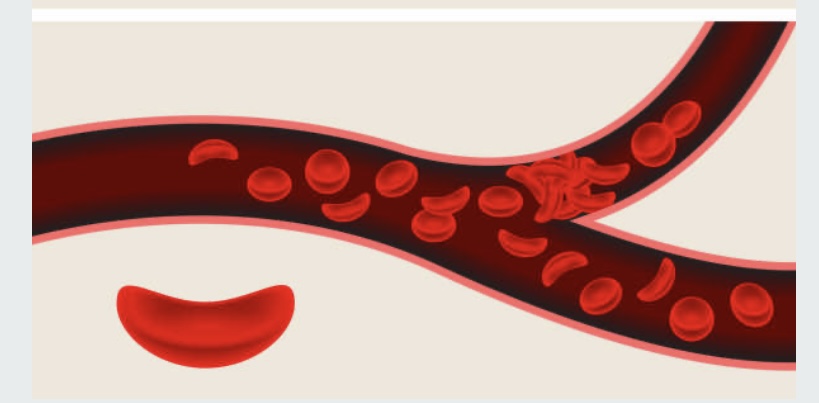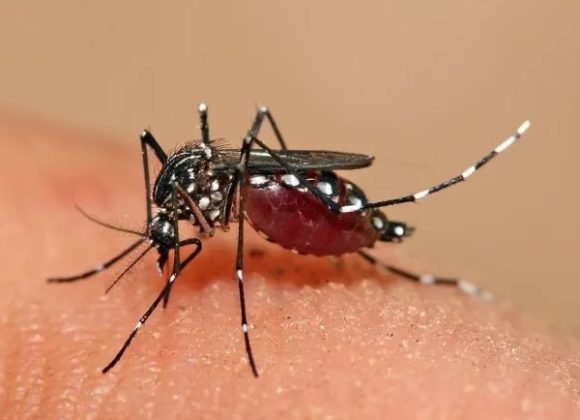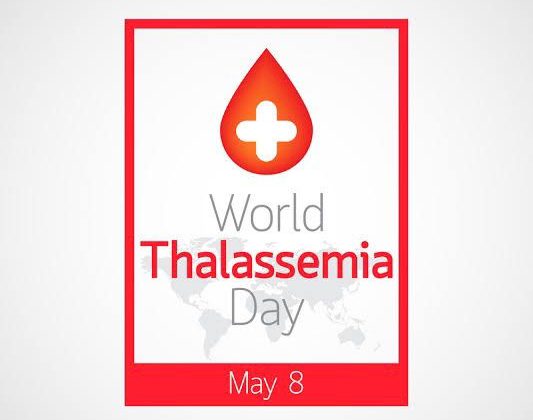Sickle cell disease(SCD) is a genetic disorder. This means that individuals are born with it from the womb. It also means that the person did not bargain to be born with it. Having it isn’t a choice you make. So it’s annoying, disturbing and ridiculously unfair when a person living with SCD is discriminated against, especially in a hospital when urgent medical attention is needed. This is called medical bullying.

Very recently, I had a terrible medical experience. I had a severe Vaso Occlusive Crisis (VOC) affecting my chest and lower back in the early hours of the morning and despite the oral pain medications I took, the pain seemed to only increase. I was even beginning to have difficulty with breathing so was rushed to a nearby hospital which was considered very good by a kind and compassionate neighbor and her husband– God bless them – accompanied by my son, for better care since I wasn’t improving and my husband was away on medical missions.

Upon arrival, I was admitted to the emergency room. Although consultation and drug prescriptions were done almost immediately, I had to wait for almost an hour for my treatment to begin and for drugs administered, the delay was attributed to the need for my accompanying caregivers to purchase the necessary medicines and supplies from the hospital’s pharmacy.
I was finally attended to, but the nurse insisted on giving me painkillers Intramuscularly (IM) even though I had an intravenous (IV) line in situ and literally pleaded that they be given IV for faster action and relief.
According to the doctor and nurses, the rationale for this was that the drugs would last longer in my body, and it was hospital protocol not to do otherwise. In the short time I spent at the hospital, I got rude side comments from the nurses, including accusations of being a drug addict. Their overall attitude and apathy towards me made me want to go home.
Thankfully, my husband returned the next day and his presence made all the difference to my care. He was also able to get me discharged, much to my relief.
Since my return home and subsequent recovery, I have reflected more on this sour experience and everything ethically wrong with the conduct of the medical staff. Much more than my experience, I am saddened by the thought that daily, persons living with sickle cell disease pass through similar or much worse ordeals at the hands of so-called professionals who should know better and do better. Many sickle cell warriors are left permanently deformed or even lose their lives because of such terrible treatment.
No one deserves discrimination or unkind treatment, especially not people already dealing with chronic health conditions like sickle cell disease. So if you are in a position to help – either by way of medical specialty or by being a caregiver or relative, be kind and administer your care with love.
I have put together some recommendations that can enhance better care for warrior in-patients or even at home:
1. Empathy and Compassion: Healthcare providers must display empathy and compassion when treating sickle cell warriors. Understanding the intense pain they endure is vital for effective care.
2. Communication: Patients should feel empowered to communicate their preferences and concerns about their treatment. Collaboration between healthcare providers and patients can lead to better outcomes.
3. Education: Healthcare professionals should be educated about the unique needs of sickle cell patients and the importance of timely and effective pain management.
4. Eliminate Deposit Requirements in Emergencies and Have Medical Supplies Ready in Emergency Rooms: In emergency situations, eliminate the requirement for upfront deposits before treatment, especially when patients are in critical condition, and have drugs, medical supplies and consumables ready to ensure timely and compassionate care.
5. Advocacy: Patients and their advocates should speak up and report mistreatment or discrimination. By sharing their experiences, they can help raise awareness and drive change.
6. Human Rights: Every patient, regardless of their condition, has the right to dignified and compassionate care. Discrimination and mistreatment should never be tolerated and in all cases should be reported and sanctioned.
The story of my experience sheds light on the plight of sickle cell warriors and the urgent need for change. Together, we can break the chains of stigma and poor care, and ensure that every patient, irrespective of their condition, receives the care and respect they deserve. Sickle cell pain is real and should be treated with the seriousness it demands.




